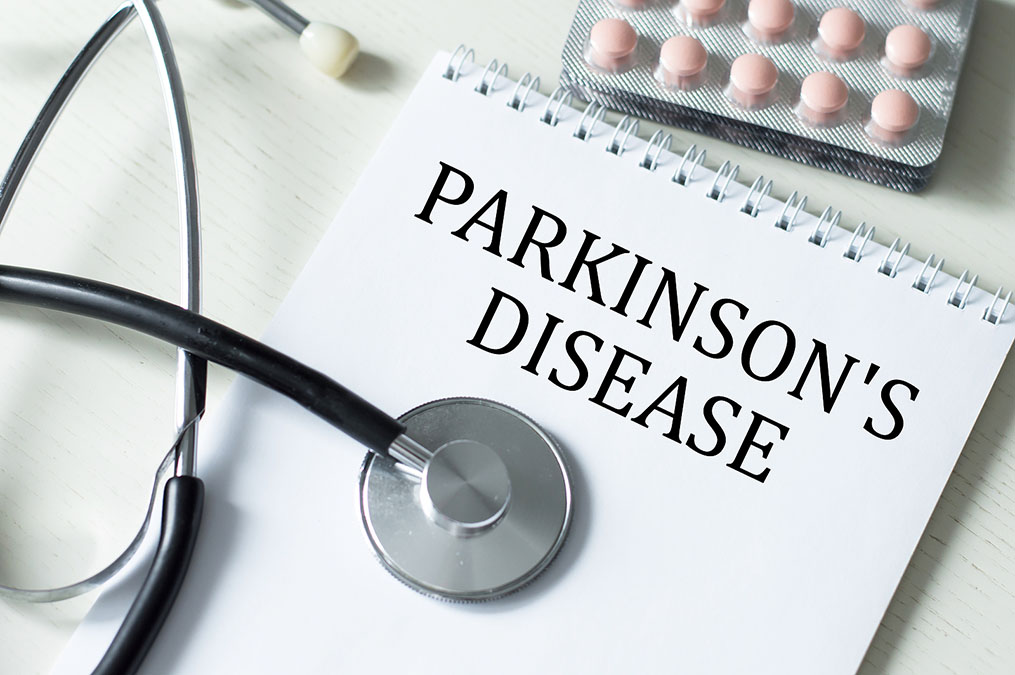 Parkinson’s disease has long been considered a disease of the brain.
Parkinson’s disease has long been considered a disease of the brain.
However, studies have increasingly focused on the role of the colony of microorganisms that live in our intestines in neurological and brain diseases such as Parkinson’s.
Three studies linking gut bacteria and Parkinson’s disease were recently presented at the annual meeting of the Society for Neuroscience.
These studies suggest a straightforward way to halt and even reverse Parkinson’s symptoms naturally.
Study 1:
In the first study, the scientists were interested in the effect of environmental stress on gut bacteria and brain structure.
They did not study Parkinson’s specifically, but they wanted to know whether adversity early in life could cause obesity-related bacterial imbalances that could, in turn, bring about structural changes in the brain.
Their 128 healthy adult participants all suffered trauma as young children. Compared to people who did not suffer childhood trauma, those who did were more likely to have bacterial imbalances in their guts, were more likely to be obese, were more likely to suffer from chronic inflammation, and were more likely to have smaller hippocampal regions in their brains.
Study 2:
In the second study, the researchers wanted to know whether damaged copies of the protein alpha-synuclein could travel from the gut to the brain.
Parkinson’s is characterized by a buildup of damaged alpha-synuclein in the brain.
The researchers injected a plant chemical into mice to cause bacterial changes in their guts. These bacterial changes had some important effects.
-
1. There was much more alpha-synuclein in the guts of the injected mice, but it was damaged.
2. Damaged proteins were also soon seen in their brains. The researchers guessed that the damaged proteins traveled from their guts.
3. The buildup of damaged alpha-synuclein in the brains of the mice killed many neurons in their brains, which is characteristic in people with Parkinson’s.
Study 3:
In the third study, the scientists wanted to find out whether pesticides caused Parkinson’s disease via bacterial imbalances in the gut.
Pesticide exposure has been shown to lead to Parkinson’s. The researchers noticed that many people reported gastrointestinal disturbances decades before the onset of Parkinson’s disease. They wondered whether pesticides actually caused the bacterial imbalances that then caused Parkinson’s.
They injected a pesticide into some mice and collected samples of their intestinal bacteria. They found that mice exposed to pesticides exhibited imbalances in their gut bacteria long before their Parkinson’s symptoms developed.
All three of these studies show the importance of a healthy, diverse colony of microorganisms in our intestines if we want to prevent or treat Parkinson’s disease.

 Overcoming IBD
Overcoming IBD Multiple Sclerosis
Multiple Sclerosis Banishing Bronchitis
Banishing Bronchitis Gum Disease Gone
Gum Disease Gone Overcoming Onychomycosis
Overcoming Onychomycosis Neuropathy No More
Neuropathy No More The Prostate Protocol
The Prostate Protocol Brain Booster
Brain Booster
 Ironbound
Ironbound
 Solution for Shingles
Solution for Shingles
 The Bone Density Solution
The Bone Density Solution
 The Ultimate Healing Protocol
The Ultimate Healing Protocol
 The Parkinson's Protocol
The Parkinson's Protocol
 The Chronic Kidney Disease Solution
The Chronic Kidney Disease Solution
 Overthrowing Anxiety
Overthrowing Anxiety The Fatty Liver Solution
The Fatty Liver Solution The Hypothyroidism Solution
The Hypothyroidism Solution
 The End of Gout
The End of Gout The Blood Pressure Program
The Blood Pressure Program
 The Oxigized Cholesterol Strategy
The Oxigized Cholesterol Strategy
 Stop Snoring And Sleep Apnea Program
Stop Snoring And Sleep Apnea Program
 The Arthritis Strategy
The Arthritis Strategy The Vertigo & Dizziness Program
The Vertigo & Dizziness Program The 3-Step Diabetes Strategy
The 3-Step Diabetes Strategy Hemorrhoids Healing Protocol
Hemorrhoids Healing Protocol The Erectile Dysfunction Master
The Erectile Dysfunction Master Weight Loss Breeze
Weight Loss Breeze The IBS Program
The IBS Program The Insomnia Program
The Insomnia Program The Migraine and Headache Program
The Migraine and Headache Program The Neck Pain Solution
The Neck Pain Solution The Menopause Solution
The Menopause Solution The Ejaculation Master
The Ejaculation Master The TMJ Solution
The TMJ Solution The Acid Reflux Solution
The Acid Reflux Solution The Fibromyalgia Solution
The Fibromyalgia Solution The Psoriasis Strategy
The Psoriasis Strategy